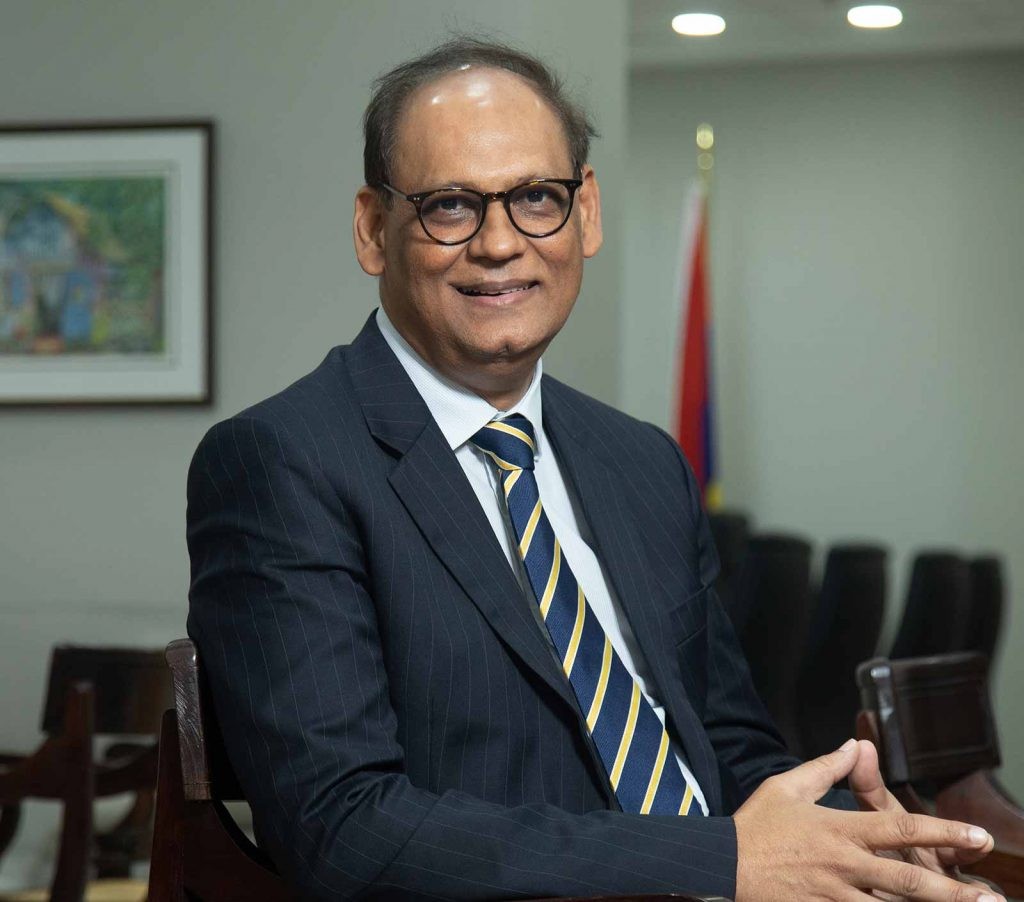
Africa’s 123,000 professional accountants are playing a vital role in building a prosperous future for the continent but as a recent report highlighted, a skills deficit in some key areas will need to be addressed if the profession is to be well equipped for the challenges that lie ahead.
As we detailed in an earlier article, a report from ACCA, the Pan African Federation of Accountants and PwC examines the steps that the profession needs to take in order to meet the demands of today and tomorrow.
'The profession could benefit from well-targeted capacity-building interventions'
State of the Accountancy Profession in Africa found that skills shortages (see graphics) were seen as a significant challenge, with the study identifying gaps in both the fundamentals and emerging requirements such as environmental, social and governance (ESG) reporting. ‘Even in more traditional roles,’ said the report, ‘it’s believed that the profession could benefit from well-targeted capacity-building interventions.’
Raw recruits
Practice firms and other stakeholders taking part in the study noted that there are often significant gaps in the skillsets of new hires, particularly soft skills, emotional intelligence and an inability to apply knowledge in practice. These are seen as critical, especially in areas such as audit, where interpersonal skills such as professional scepticism are essential.
Others suggested that learning should stress the ability to solve real-life problems, which will ensure that accountants are able to implement forward thinking.
All about education
So what can be done to close these skills gaps? Most of those contributing to the study believed that the starting point for reform should be what accountants are taught and how they are trained.
Members of the profession in Africa, said the report, believe that professional accounting bodies ‘have a responsibility to future-proof the profession and professionals’, but that this responsibility should be shared ‘with other influential stakeholders, standards setters, practice firms and higher education institutions’.
Public accounting bodies should prioritise upskilling and reskilling of members to close core skills gaps
The report makes a number of recommendations for each group of stakeholders. Public accounting bodies should:
- review the curriculum and exams to ensure that learning prepares professionals for the future
- prioritise upskilling and reskilling of members to close core skills gaps, including non-traditional areas such as incorporating ESG into financial reports
- increase the focus on professionalising public sector accountants through targeted capacity-building initiatives
- reinvent the approach to continuing professional education/development (CPE/D).
Higher educational institutions meanwhile should review learning delivery methods to increase students’ exposure to practical work/life experiences, and at the same time increase collaboration with firms to regularly review and forecast skills requirements.
Specialist groups (such as chambers of commerce) should establish formal channels through which knowledge, feedback and experience can be shared between business and learning institutions.
Firms, for their part, should collaborate with both higher educational institutions and professional bodies, proactively influence curriculum and content development, and implement their own in-house internship programmes.
Maintaining skills throughout their career is the responsibility of individual accountants
Continuous learning
The report advocates for a new approach to CPE/CPD, which was seen by those contributing to the study as a valuable tool that ‘becomes less impactful when professionals approach it as a box-checking exercise rather than a means of professional development’.
Participants in roundtable discussions put forward a number of suggestions to strengthen the impact of CPE, including development of curricula to close known competency gaps, and using more active metrics (such as changing the measuring period from annual to quarterly) to encourage a continuous learning effort.
For professionals with a significant skills gap, it was suggested that professional bodies could collaborate with colleges to develop accelerated programmes from which contemporary skills relevant to the changing corporate environment could be gained.
One contributor to the discussion said: ‘As someone who has worked in the audit space within the Big Four, I think there’s still a huge gap from the perspective of higher educational institutions in terms of adopting soft skills into the curriculum.’ Another contributor added that ‘there is a need to develop a formal training curriculum that will infuse some of the practical aspects that employers expect when professional accountants are being developed’.
It was stressed, though, that maintaining skills throughout their career is the responsibility of individual accountants. What businesses need, as well as technical requirements such as accounting standards, is constantly evolving, and professionals need to keep up if they are to make valuable contributions to Africa’s economic future.


